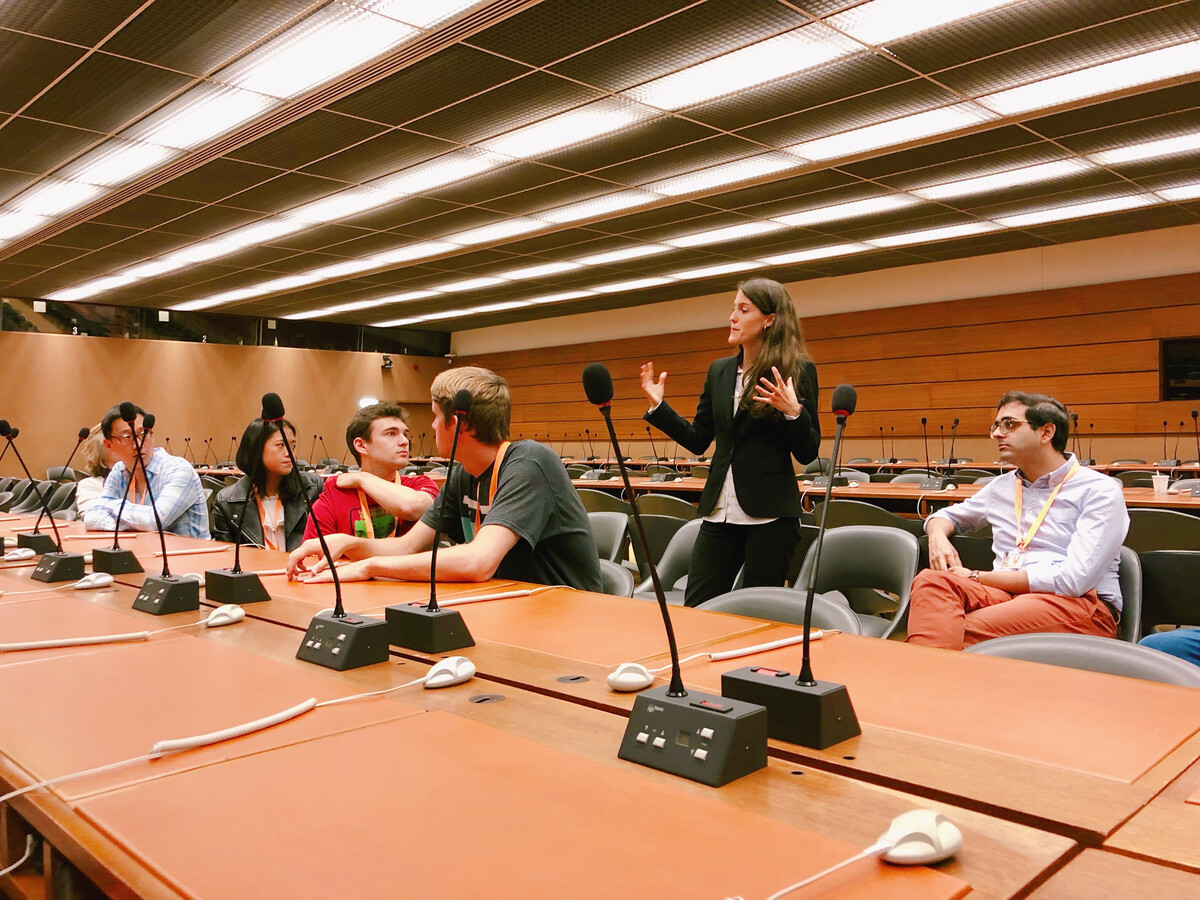- Home
- Hearing Loss
- Audiology
Higher education opportunities for students with hearing loss
2020-12-30 According to the US Department of Education’s Institute of Education Sciences (IES), approximately 75,000 students between ages 3 and 21 have hearing loss severe enough to qualify them for services under the Individuals with Disabilities Education Act.¹ Consequently, public schoolchildren with disabilities have the right to special accommodations in elementary through secondary school. Sometimes this results in creating an Individualized Education Plan, or IEP. But what happens after high school?
After the IEP: Students with hearing loss and higher education
Picking among colleges may feel like a daunting task. So if you have aspirations for a degree and you have hearing loss, you have options. To start, many colleges and universities have departments that help students with needs design individualized solutions. This may be similar to the IEP services you received in high school. If you are returning to college as a non-traditional aged student, it may surprise you how much easier it is to access help today. Remember, the Americans with Disabilities Act requires public colleges and universities to offer equal access to all students. While support mechanisms may differ from one school to another, hearing loss should not impede getting an education.
Finding the right fit for students with hearing loss
Colleges and universities must provide appropriate academic adjustments to make sure students are not discriminated against based on disability. However, many programs go beyond that help students to get the most out of their learning experiences. And this includes hearing loss.
Prospective students have to face many choices. Is a large university or a small liberal arts college what you want? Or maybe an urban environment seems like a better fit. Perhaps an enclosed campus feels more at home. In addition, if you have hearing loss, maybe you prefer schools with exceptional accommodations for your needs.
While it may be hard to know where to start, here are a few programs that you may want to consider. Most of these colleges are especially relevant for students with severe or profound hearing loss:
Gallaudet University in Washington, DC describes itself as “the world’s only university designed for deaf and hard of hearing students.”
The National Technical Institute for the Deaf at Rochester Institute of Technology (NTID) combines classroom work with a co-op work program giving students work experience in their field of choice.
California State University, Northridge offers services for students who are deaf or have significant hearing loss.
SouthWest Collegiate Institute for the Deaf has associate-degree programs for deaf students. This school focuses on preparing students for bachelors programs or entering the workforce.

"In college I realized I needed to be proactive about my hearing..."
As HearingLife's Chief Audiologist, Dr. Leslie Soiles, explains, it was in college that she realized she needed to address her hearing loss in order to get where she wanted to go in life. "When I got hearing aids, it was life-changing." Hear her incredible story about how treating her hearing loss launched a career in audiology.
Pursuing hearing-related research and education
Is audiology your passion? Maybe you want to consider a path researching audiology and hearing loss. Across the country, schools offer programs to train tomorrow’s audiologist. One resource is the American Speech-Language-Hearing Association’s online directory of higher educational programs in audiology. Most noteworthy, prospective students may apply for scholarships to study audiology.
A few colleges also offer future educators tailored programs for working in deaf education, including a collaboration between Smith College and the Clarke Schools for Hearing and Speech. In addition, there is the University of Tennessee at Knoxville Center on Deafness. They published a guide for service providers with information that potential students and families might find useful.

Fall is peak season for applying for college
Most of all, if you are considering programs that start next year, now’s the time to get your ducks in a row. Our staff can provide a demonstration the latest in communication-focused technology. Even more, we can advise how to integrate hearing aids in certain learning environments and help you select what's the best hearing aid for your lifestyle. Finally, contact HearingLife at (888) 873-8292 today to set up an appointment for a hearing assessment.*
Latest
Audiology













All 0 comments